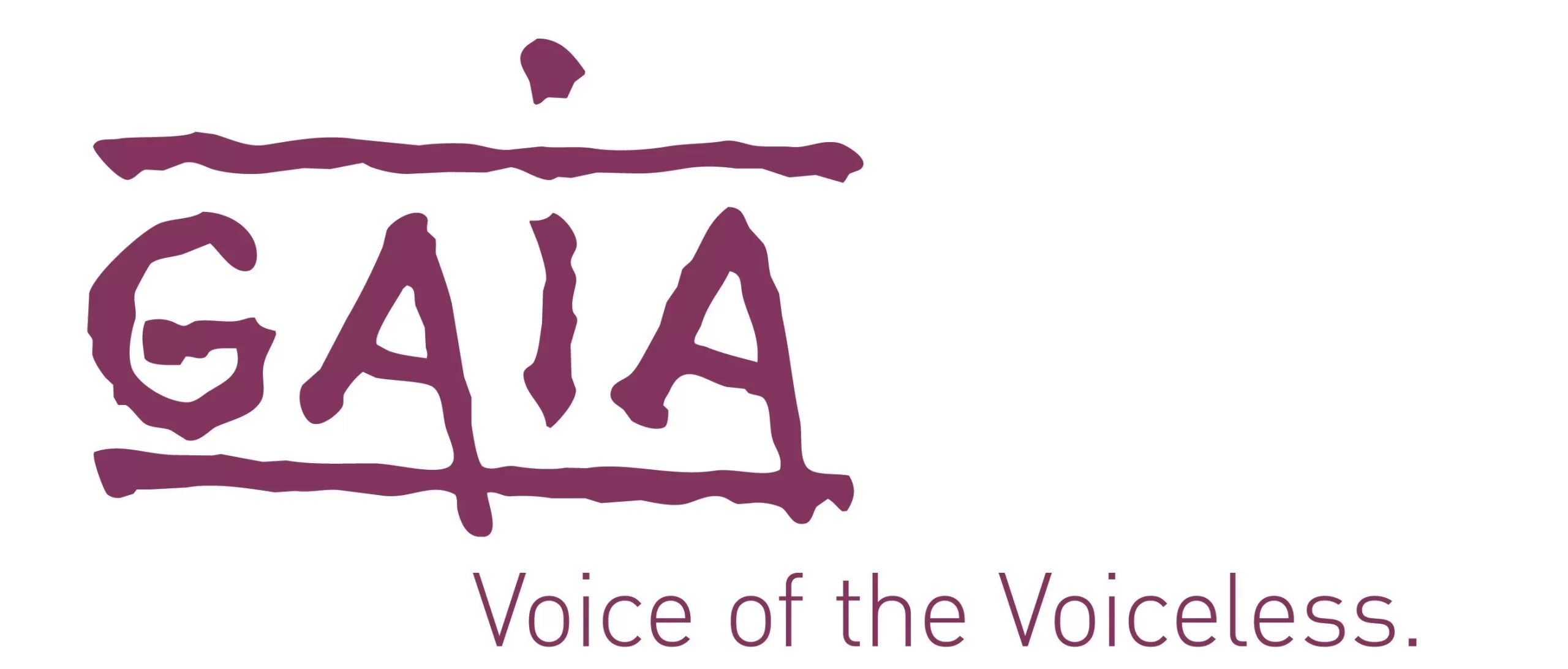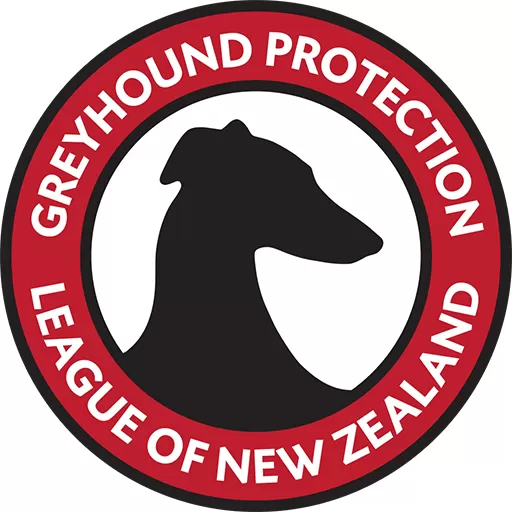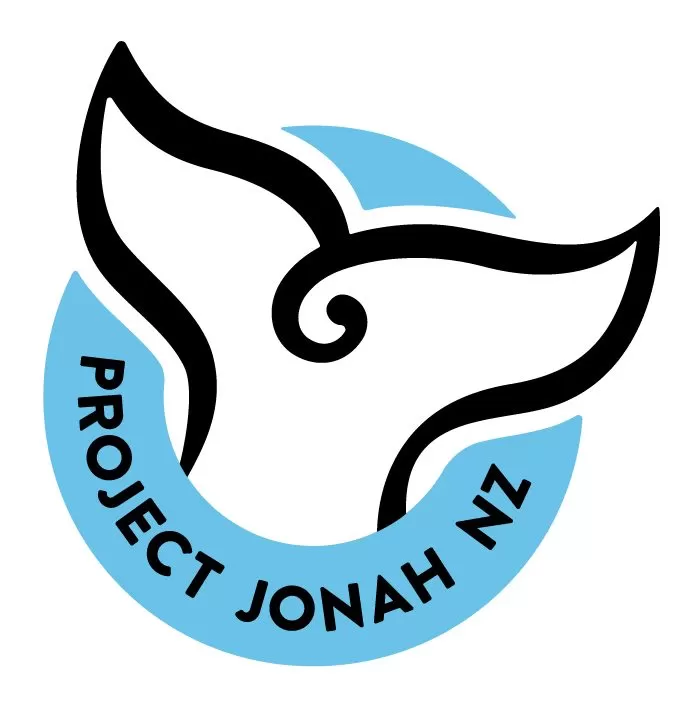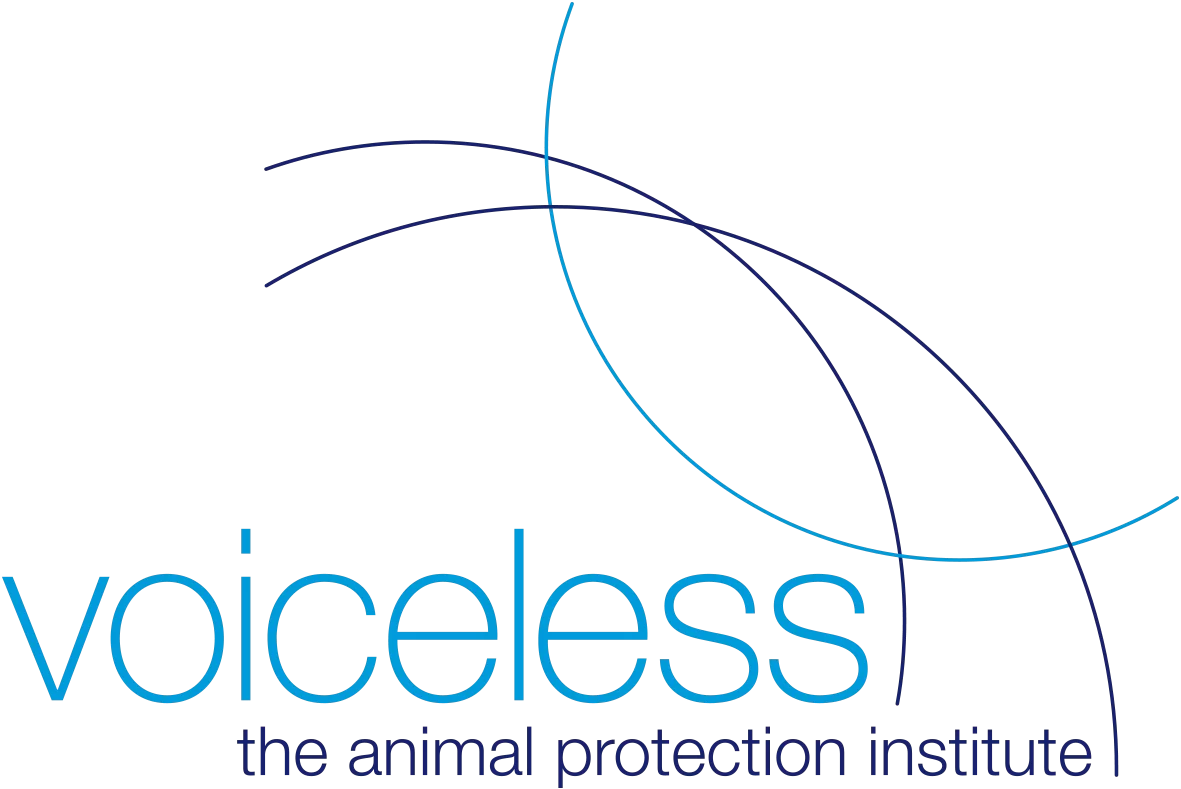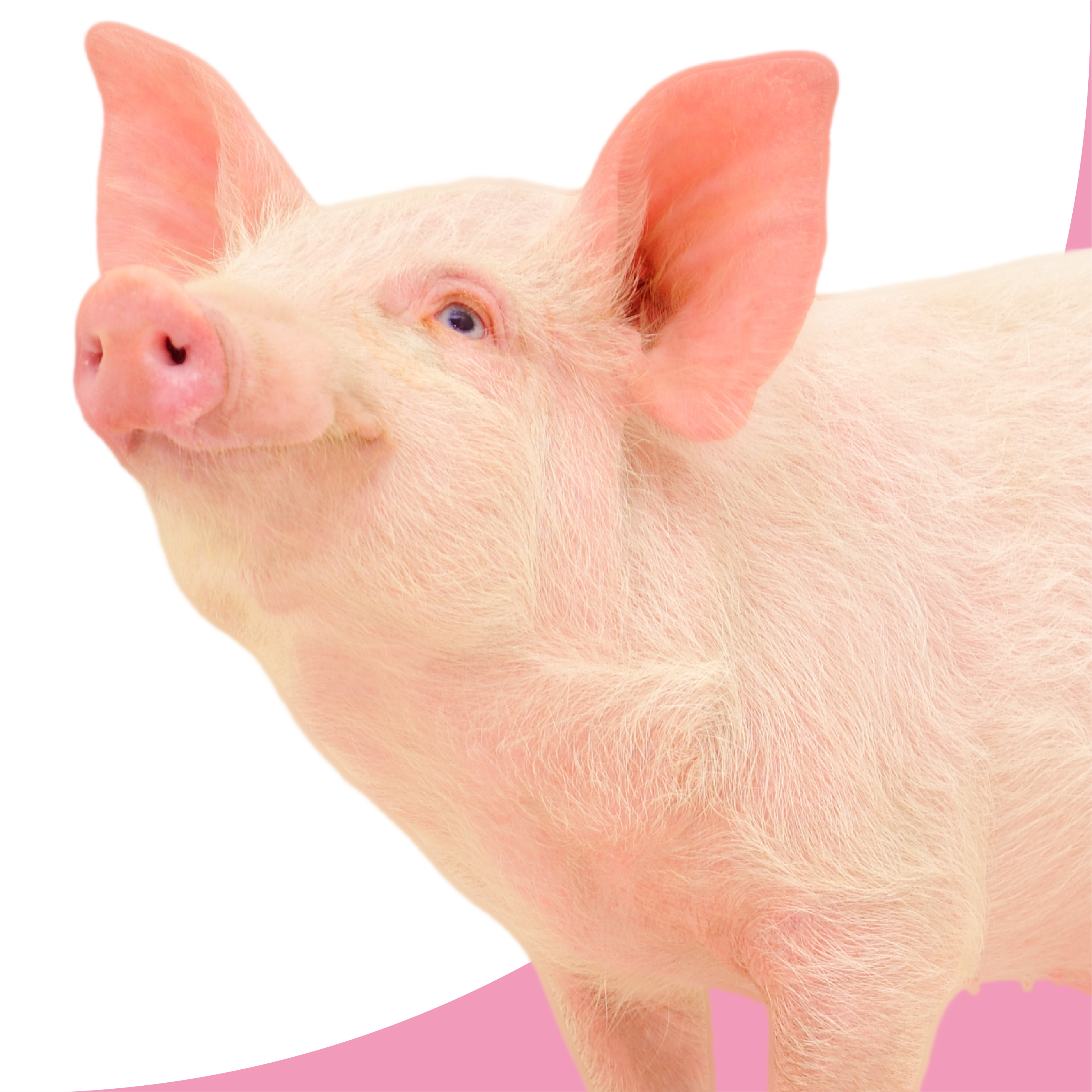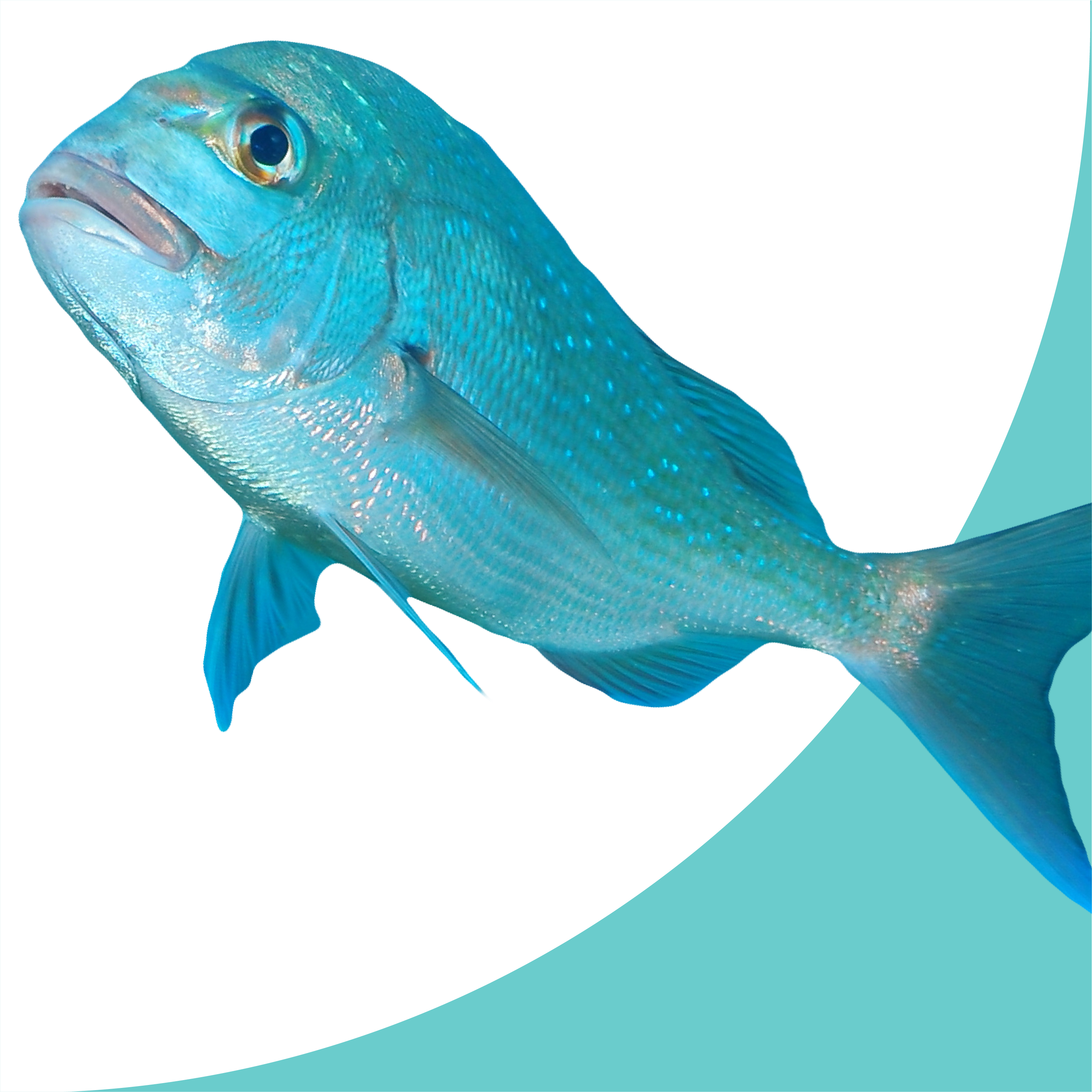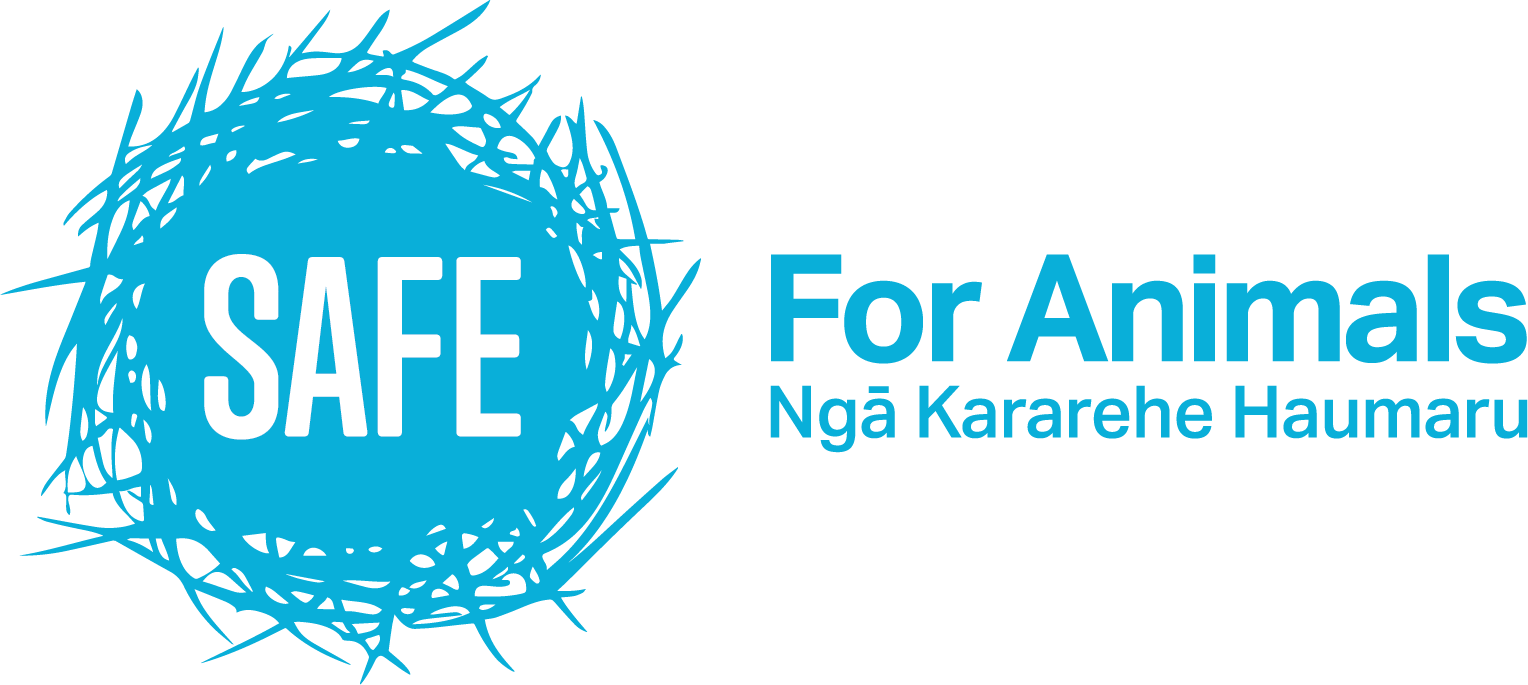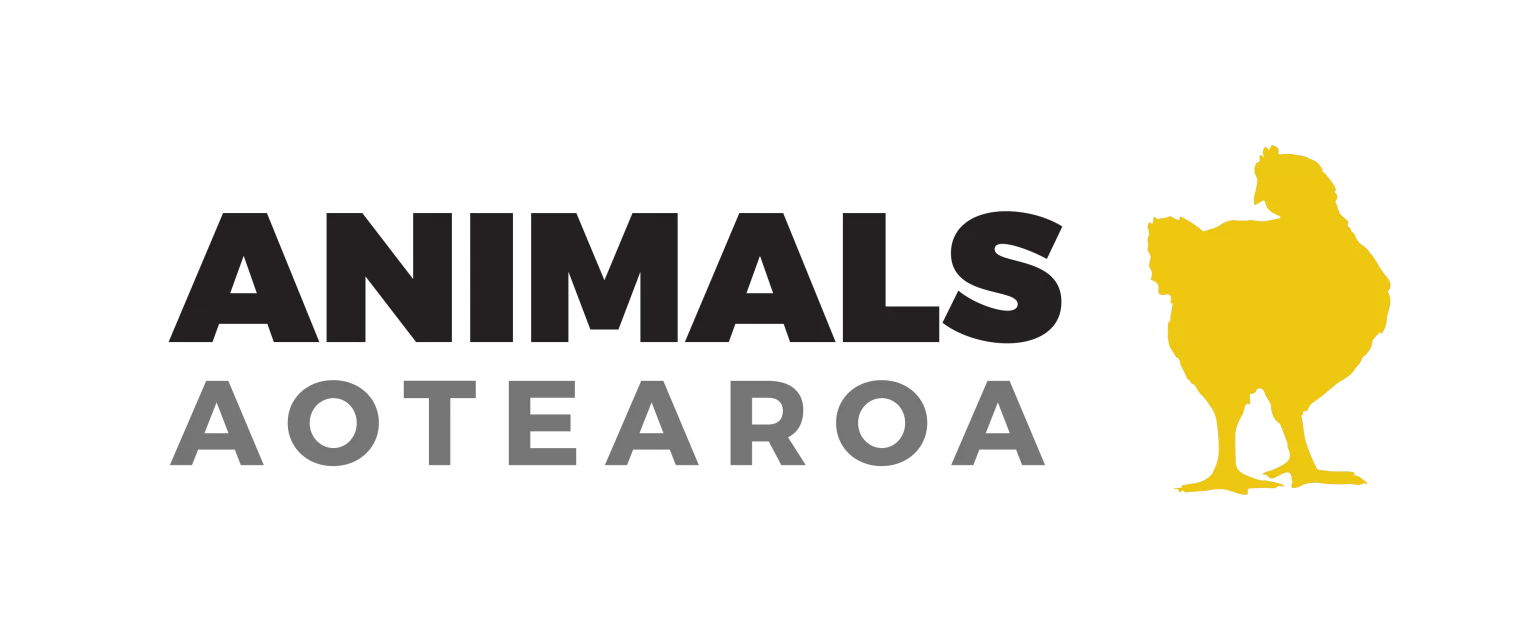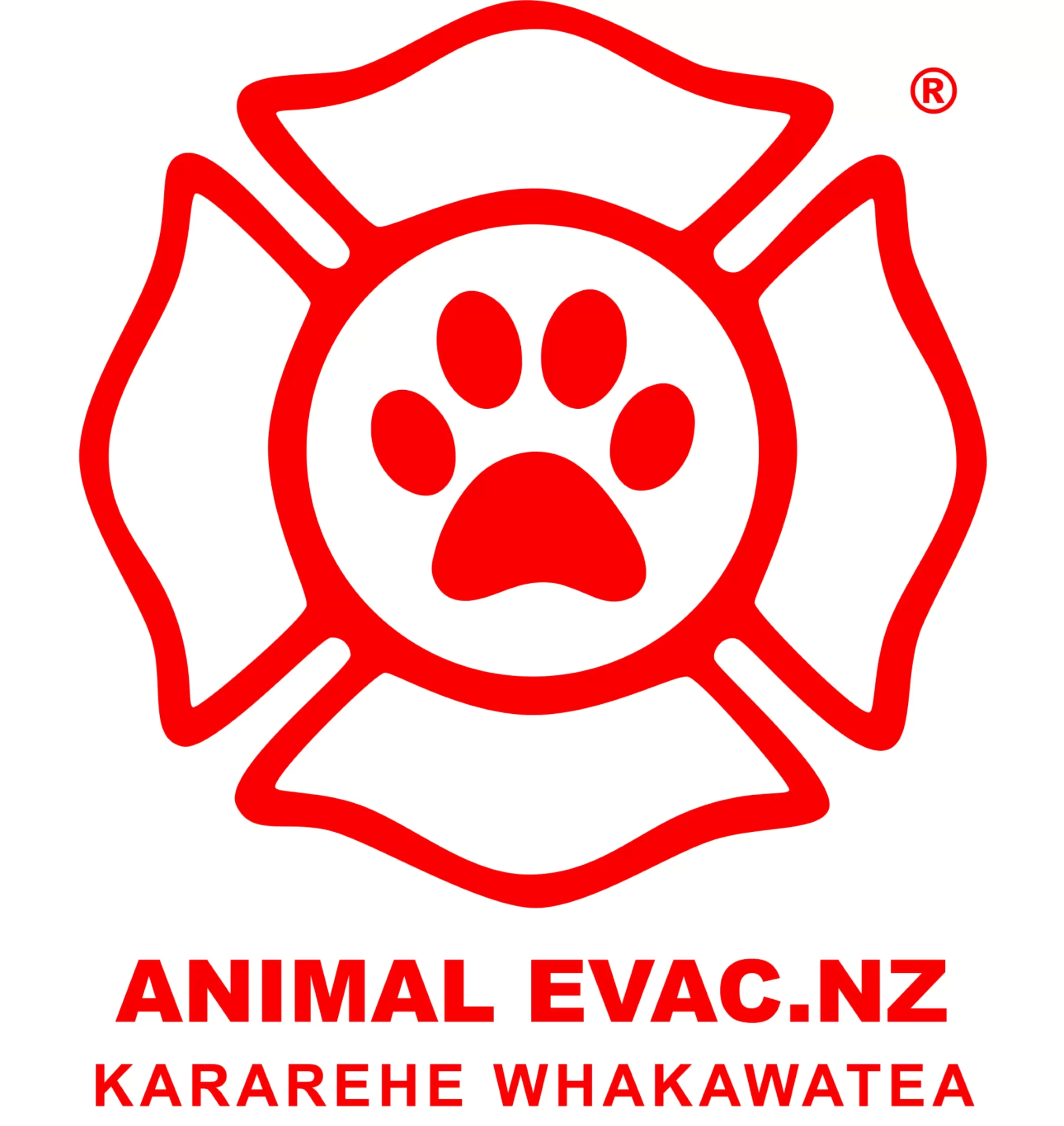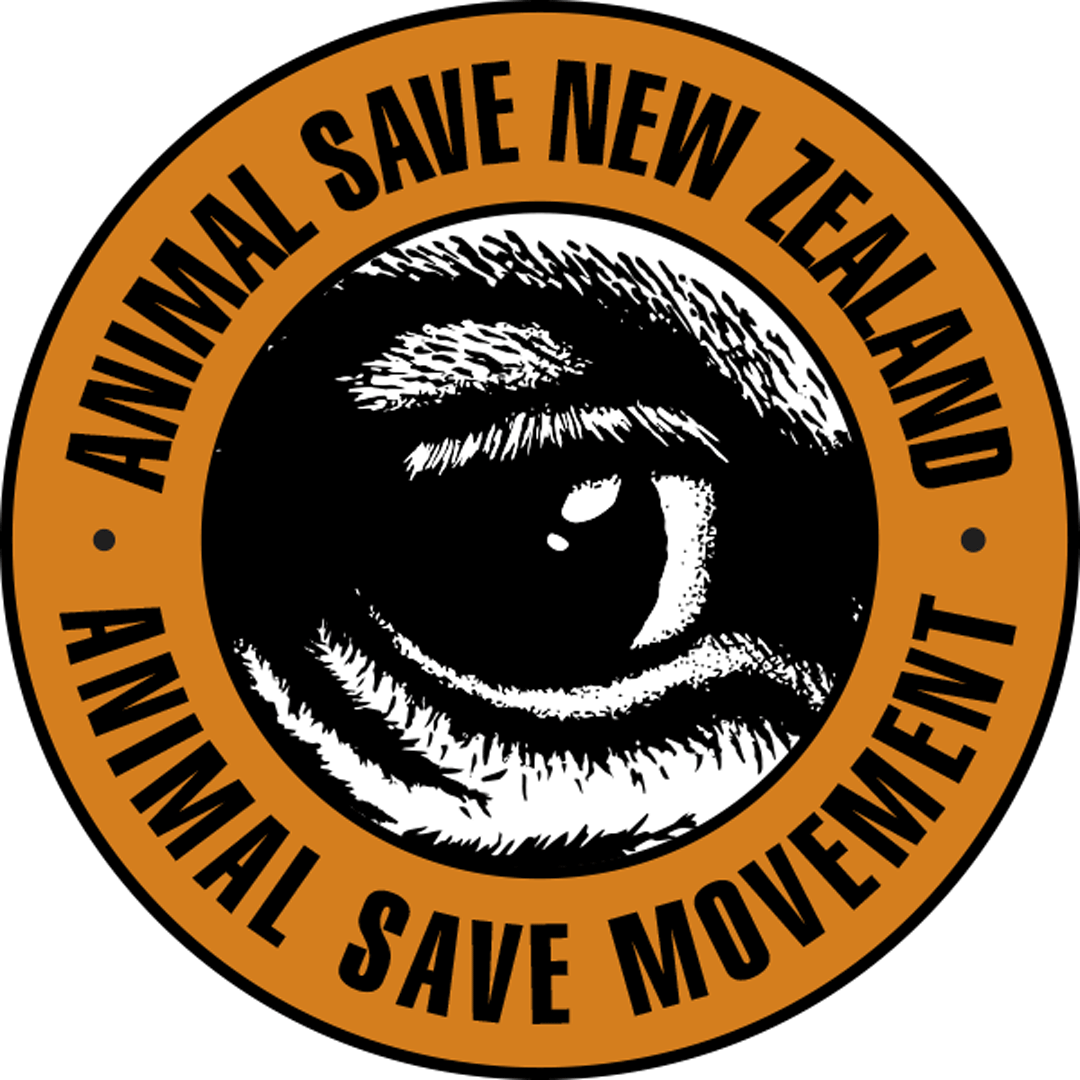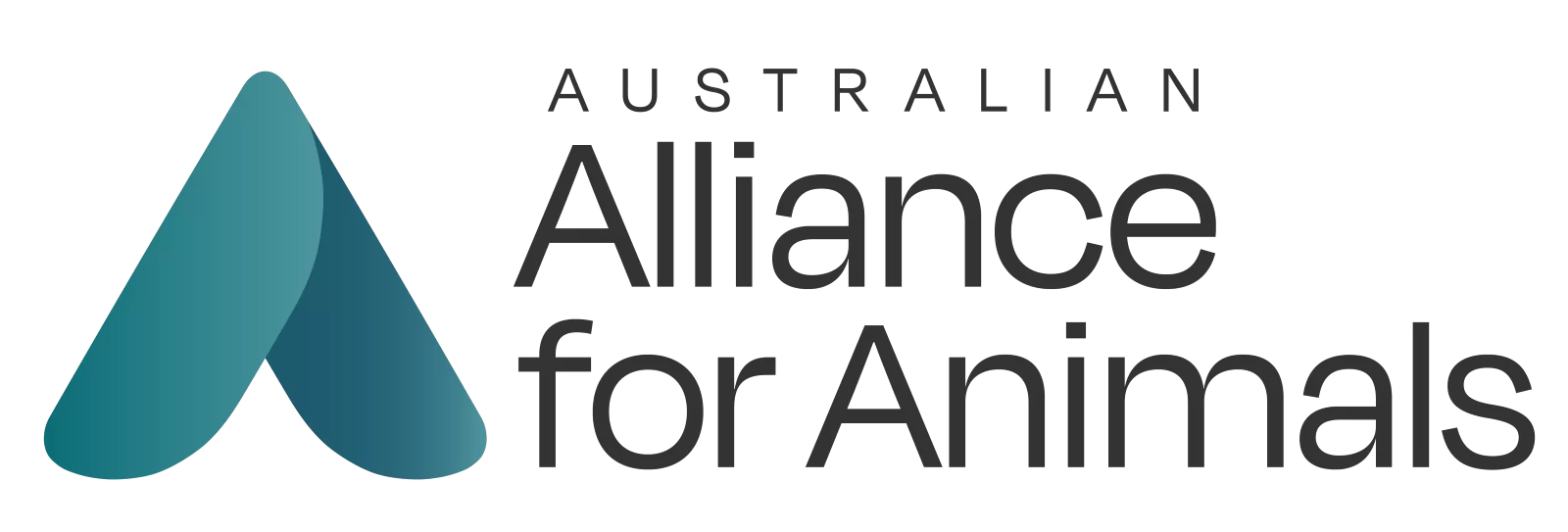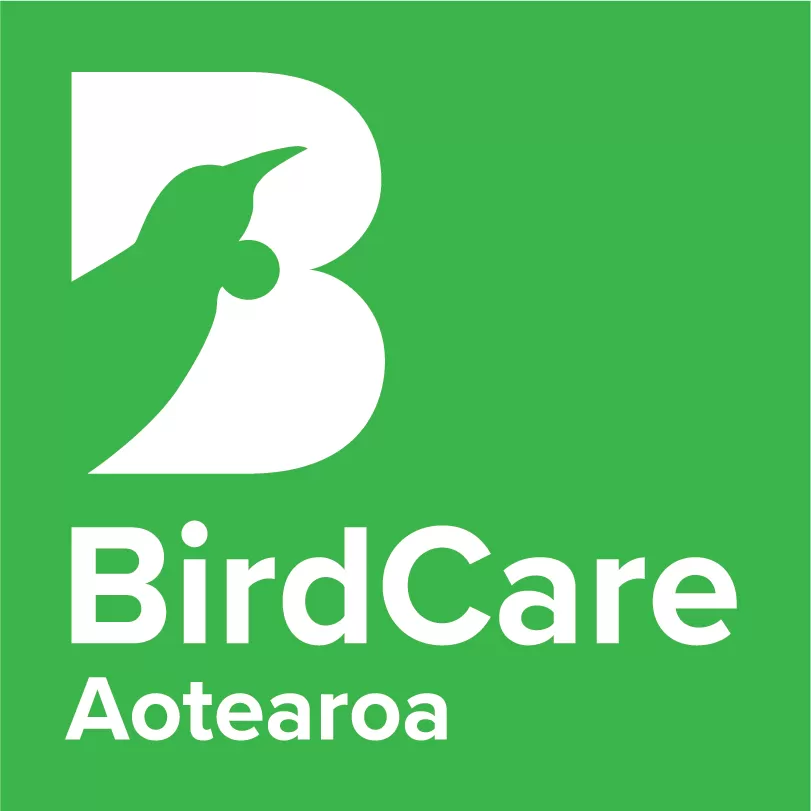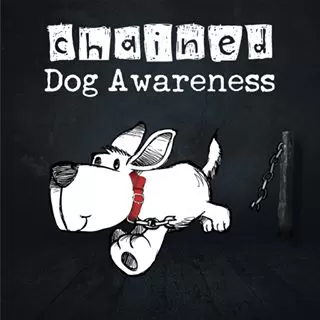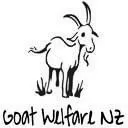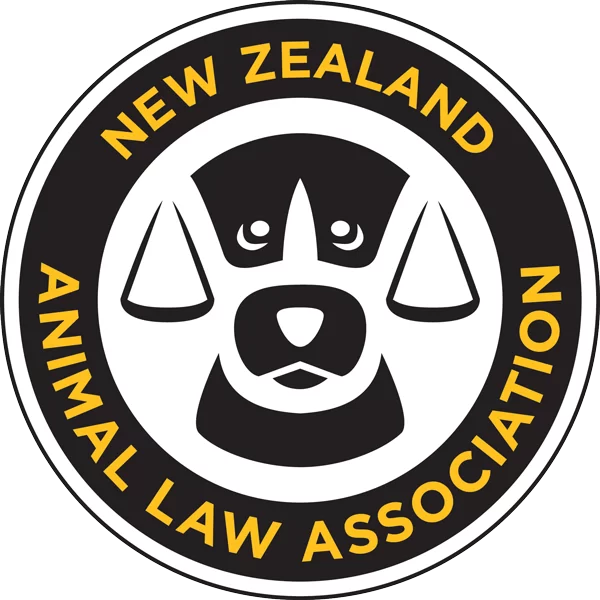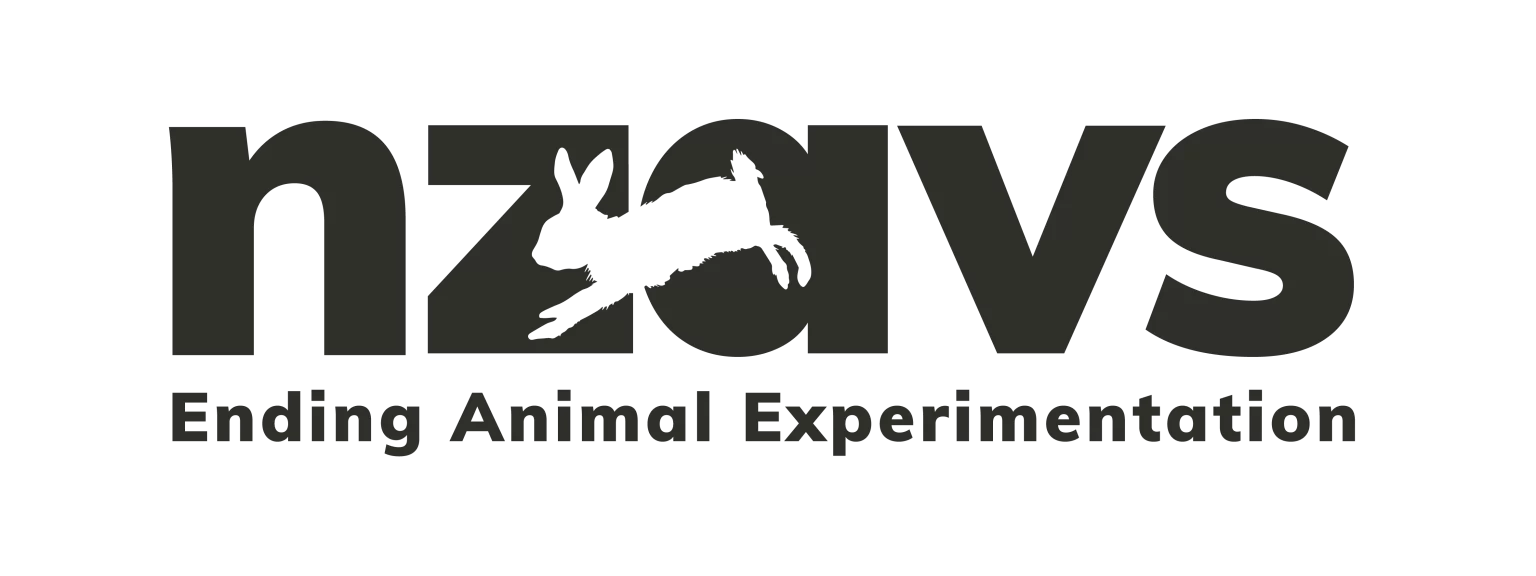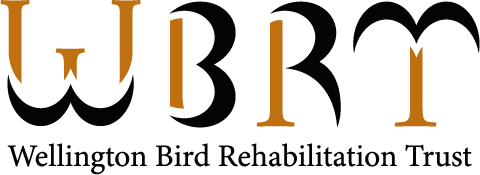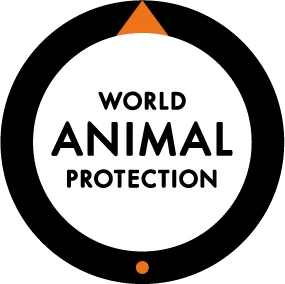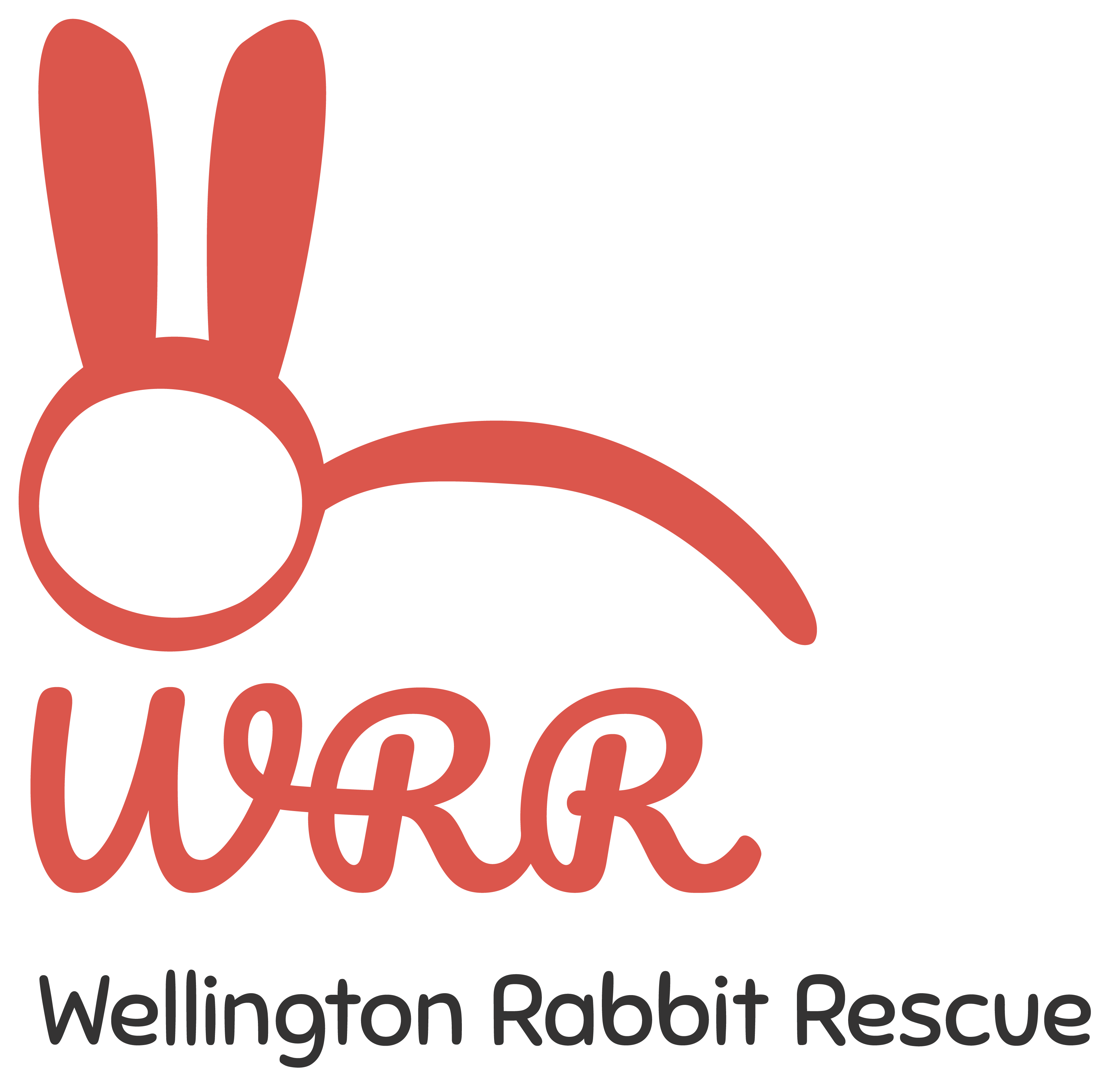FAQs
As it stands, the people who make decisions on how animals are treated also profit from harming them.
Animal welfare is currently regulated by the Ministry for Primary Industries (MPI) – the same Government body responsible for growing the agricultural sector. Animal welfare policy is driven by the Minister of Agriculture whose main priority is to increase sector productivity. This is a clear conflict of interest.
As a result, our once world-leading Animal Welfare Act 1999 is applied selectively. There are gaps in oversight, monitoring and enforcement that leave millions of animals unprotected. Countless animals suffer from neglect, homelessness and systematic exploitation.
We need a Commissioner for Animals to ensure that all practices and policies for the care of Aotearoa’s animals are developed without bias and are consistent with their rights under the Animal Welfare Act.
New Zealand’s Animal Welfare Act 1999 establishes a duty of care for animals. It requires that the physical, health and behavioral needs of animals be met. These include:
Proper and sufficient food and water
Adequate shelter
The opportunity to display normal patterns of behaviour
Appropriate physical handling
Protection from and rapid diagnosis of injury and disease
Under the Act, animal abuse or neglect is a crime. In 2015, the Act was amended to formally recognise that animals are sentient and can experience a wide range of emotional states. While this legislation appears strong on paper, it is applied selectively in practice, leaving millions of animals vulnerable to mistreatment.
Animals in different industries are subject to different rules. This means that not all animals have access to the same legal protections.
For farmed animals, the Animal Welfare Act is watered down through codes of welfare. These codes permit practices that should be illegal (such as the use of cages and crates). Animals are also still used in harmful scientific experiments, even if cruelty-free alternatives are available.
For animals in entertainment, MPI turns a blind eye to rodeo abuse, and the racing industry can create and monitor their own animal welfare standards with little external oversight. As a result, these animals suffer from distress, injury, and sometimes death for the sake of entertaining a small minority.
A Commissioner for Animals could rectify these injustices and ensure that all animals are afforded equal protection under the law.
Currently, the Associate Minister for Agriculture, Andrew Hoggard, holds the animal welfare portfolio in Government. However, because this sits within the agriculture portfolio, the rights and welfare of animals will always be considered after sector productivity. Animals cannot be properly protected until there is independent oversight for animal welfare.
Further, MPI has only delegated around 30 Animal Welfare Inspectors to oversee and monitor the welfare of over 160 million farmed animals in New Zealand. Due to inadequate resourcing, less than 1% of animal welfare complaints made to MPI ever lead to prosecution. This is far less than other areas of criminal law.
Like the Parliamentary Commissioner for the Environment, a Commissioner for Animals would have scope to review the current system, report on the latest animal welfare science and ensure that animal welfare policy is informed by scientific best practice.
A Commissioner for Animals would provide impartial oversight and much needed scrutiny to the Ministry for Primary Industries (MPI) and to industries that are allowed to self-regulate (such as greyhound racing). We expect that a Commissioner for Animals would also champion more funding and resourcing for proactive animal welfare enforcement.
New Zealand is a nation of animal lovers. Around two-thirds of Kiwis share their home with an animal companion. We have high expectations for how animals are treated.
MPI claims that New Zealand’s reputation for high standards of animal welfare has helped secure access to markets internationally. Our broken system not only fails animals but threatens the integrity of our reputation on the world stage, as well as the trust of New Zealanders. The Government has a duty to uphold legislation and protect animals; this issue is not unique to any political party or ideology.
The scale of suffering faced by Aotearoa’s animals is immense. We do not expect a Commissioner for Animals to be the one-stop solution for animal injustice in New Zealand. However, as it stands, the Ministry for Primary Industries regulates animal welfare with no formal oversight or scrutiny. A Commissioner for Animals is an important first step towards greater independence, consistency and impartiality for animal welfare in Aotearoa.
have signed. Let's get to 30,000
Animals need an independent Commissioner to represent their voices and uphold their legal rights under the Animal Welfare Act 1999. There are Government bodies to represent
vulnerable members of our community, including children and the environment. Animals are not represented in Parliament.
Join us in calling for a Commissioner for Animals by adding your name, below.
Supporters

